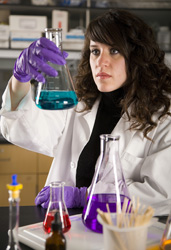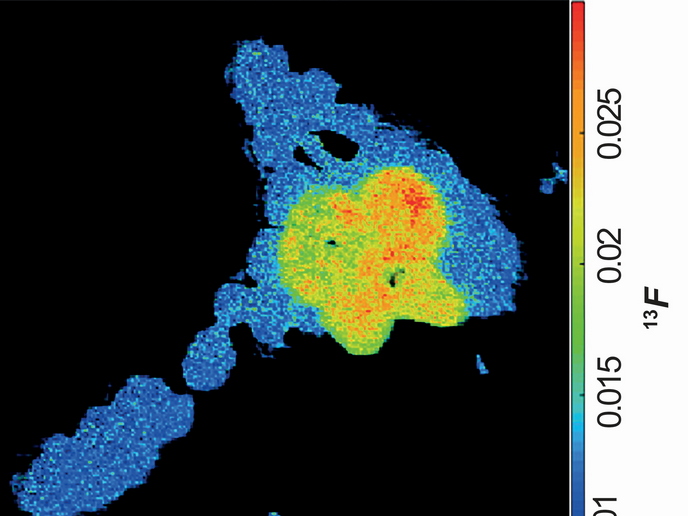New eco-friendly catalysts for the chemical industry
Organic solvents have received vast criticism and their use has been restricted in many ways due to their association with the emission of hazardous volatile organic compounds (VOCs) into the air at normal room temperatures and pressures. Together with greener solvents, the use of asymmetric catalysts has been gaining interest by the chemical industry in an effort to prepare pure enantiomer compounds, or compounds possessing only one of the two possible mirror image configurations of certain molecules. Among potential catalysts, Schiff base complexes of metal ions demonstrate high catalytic activity but are generally insoluble in inorganic solvents. Given that Schiff bases are important intermediates in a number of organic synthesis reactions including epoxidation, European researchers chose to develop new Schiff base type catalysts for use in environmentally friendly solvents with EU funding for the ENCAT project. In order to develop new Schiff base complexes, researchers sought to create a new series of affordable ligands to be bound to non-toxic metals for use in epoxidation of terminal olefins in a green medium. Three new organic ligands were prepared. From these, researchers synthesised manganese complexes and evaluated their catalytic activity in epoxidation of three olefins mediated either by hydrogen peroxide (H2O2) or iodosylbenzene (PHIO). The new manganese complexes demonstrated very strong catalytic activity with the former and promising activity with the latter. Physicochemical characterisations were performed leading to enhanced understanding of the mechanisms and structural factors controlling catalytic activity and plans for synthesis of more ligands based on the findings. ENCAT has thus to date successfully developed and characterised new ligands for forming Schiff base-derived catalysts to be used with green solvents. This is a major step toward low-cost, environmentally friendly synthesis of asymmetric catalysts for a number of industrially relevant chemical reactions.







